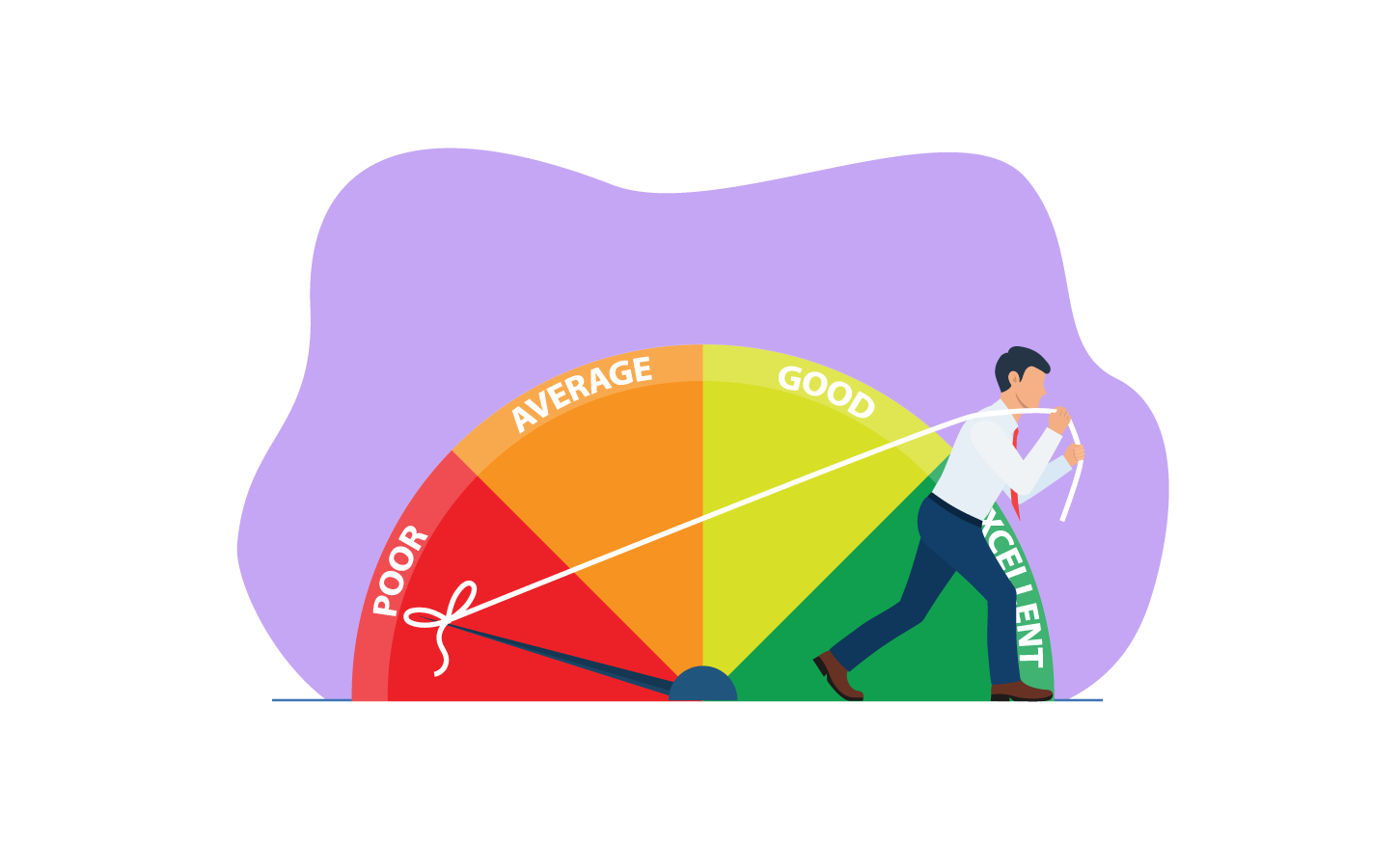When you’re shopping for a personal loan, it’s likely the first numbers you look towards are the interest rates of various money lenders in Singapore. But there are also some other factors to consider when you borrow money.
For starters, you can do a quick self-check to assess how ready you are. Do you know who your loan providers are? And do you know the differences between loan terms, interest, tenure, processing fees, late charges, and maximum loan amount?
You might also want to consider whether borrowing is right for you. This might depend on your ability to repay your loan and review your debts regularly.
If you’re ready to dive right into taking a loan, read our guide and find the best licensed money lender in Singapore here – The Ultimate Guide To The Best Loans In Singapore: How To Tell If It’s The Best
What’s the interest rate?
Interest rates can make all the difference with your loan experience. While there are loans with fixed interest rates, there are also some loans with fluctuating interest rates. These loans might be called floating rate interest loans. For instant cash loans, the interest rates might be higher because they’re an urgent service.
In any case, even the smallest differences can change how much you’ll need to repay your loan.
How much can you borrow?
The amount when you borrow money will depend on your loan provider but will be influenced by factors such as your credit score, and your ability to repay the loan.
Some financial institutions will also look into your Total Debt Servicing Ratio (TDSR), which stipulates that only 60% of your income should go toward repaying debt in totality.
How soon will you get the funds?
Personal loans from even the best licensed money lender might take between 1-2 days for approval.
However, instant cash loans are an option if you need quick cash for emergencies, as soon as on the same day that you request it, with approval that can be granted as quickly as 30 minutes.
What are the fees, charges, and interest?
Fees might be charged by money lenders to help you process your loan. There might also be legal fees and valuation fees charged by providers.
Charges might kick in if you breach certain conditions, such as rejecting a loan after accepting the letter of offer or making a late payment.
Interest can also affect your total loan repayment amount. Be aware of whether your loan has a fixed interest rate throughout your repayment period, or whether it might have floating interest rates that fluctuate.
Is the early repayment fee reasonable?
Early repayment fees are when you repay a loan earlier, perhaps in hopes of avoiding interest rates. However, if your loan has a lock-in period where you agreed to pay a fixed amount every month for a certain period of time, you may be charged an early repayment fee.
Calculate if your early repayment will save you money. If it does, then the amount might be reasonable. With that said, if the amount is unreasonable and you have a lump sum of cash that you’d like to put towards repaying the loan before you plan for other expenses, you might still consider repaying early.
How dependable is the lender?
Even if you seek the lowest personal loan Singapore, you should always make sure that your money lender is licensed.
Apart from legalities, there are many advantages of borrowing money from licensed money lenders. Licensed money lenders are only allowed to charge a maximum interest rate of 4% per month, which is advantageous for you.
Your credit card limit could get affected
When taking a personal loan, your available credit card limit might get reduced by your personal loan amount. This will help you keep your debt within a reasonable amount, so it’s not entirely a bad thing!
Over time, your credit card limit will go back upward.
There could be an impact on your credit score
Personal loans could reduce your credit score slightly in the short term. But if you keep making your payments on time, it will be back up soon enough, helping build your credit instead.
Find a loan that’s made for you – lowest personal loan Singapore
With personalloanfinder.co, you can find and compare loans that are perfect for you in a matter of minutes! Get contacted by a licensed money lender in Singapore in less than 10 minutes.

















